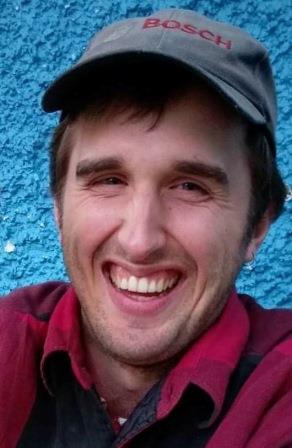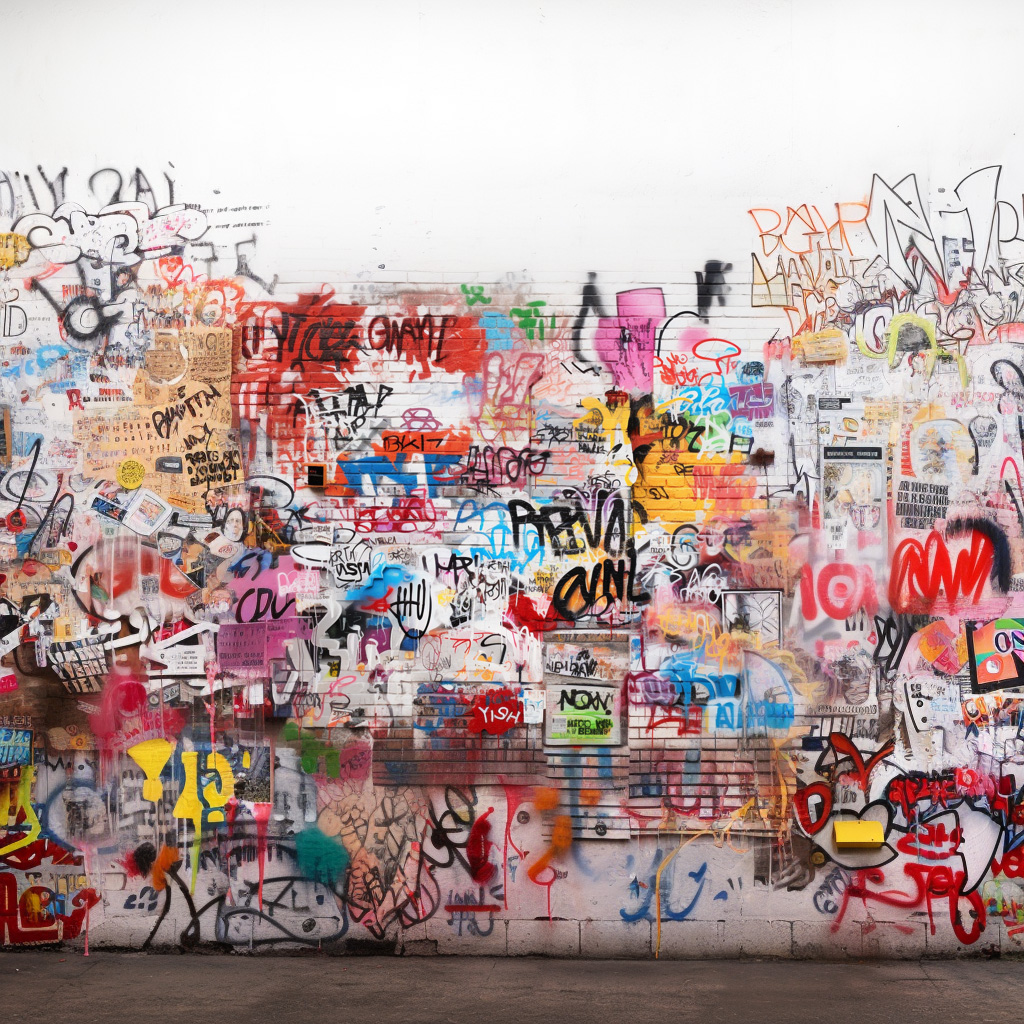A sacred reminder
I love Christmas. The rhythm of Advent, the hopeful anticipation, the clarifying cold, the scent of evergreen, the congealed wax at the base of the Advent wreath: these memories and images are so deeply ingrained in my soul and psyche that this time of year, more than any other, embodies a powerful?—even sacramental?—sentimentality. The nostalgia is an annual reminder that creation is basically, foundationally good.
But over the past few years Christmas has taken on an additional quality for me. As I age and continue to live in a Catholic Worker community, I have more experiences in closer proximity to deep human suffering and social oppression. Many people do not have this luxury. Many, from day one, were born into oppressive conditions and endure the poverty, xenophobia, and bigotry crafted and maintained by those who benefit most from empire.
I was born near the apex of our society’s system of social privileges. I’m a white, straight Christian man born into a class-comfortable family. But my time in the Catholic Worker and participating in activism led by communities of color and poor people has led to a conviction that my understanding of Christmas (and my Christian faith generally) is meaningless if it does not address the social realities of the world in which I live.

Last spring my community, The Minneapolis Catholic Worker/The Rye House, worked with Black Lives Matter Minneapolis and the Mennonite Worker to host an annual Catholic Worker “faith and resistance” retreat. Close to 80 Catholic Workers came to Minneapolis from around the country to pray, learn, and participate in a nonviolent direct action. Our retreat focused on the murder of Jamar Clark, a 24-year-old unarmed black man shot by police in November 2015. We reflected on the history of systemic racism in our country and the wake of violence in its path. We talked at length about the racism embedded in our beloved (and predominantly white) Catholic Worker Movement. Following the lead of organizers from Black Lives Matter and Black Liberation Project we discerned and prepared to take direct action in an attempt to better reveal the endemic racialized violence that killed Jamar.
The day before our action one of our leaders, activist-theologian Rev. Osagyefo Sekou, spoke to us about his faith. As a Christian he believed in what he called “a low Christology.” He believed in a Jesus born under duress, in a dirty stable, to an unwed mother. He believed in a Jesus that drank and laughed. His Jesus was messy, flawed, and beautifully human. But importantly, Sekou saw God’s choice in locating Jesus as revealing an emphasis and preference. In an interview with Medium.com, Sekou says “… the gospel of Jesus [is] a story about God choosing to become flesh … among an unimportant people in an unimportant part of the world. Jesus?—?a Palestinian Jewish peasant living under Roman occupation?—?is the salvation of the world. God in flesh was a subject of an empire.”
At our retreat, Sekou explained that because God chose to embody when and where God did, the whole context of Christ’s life cannot be read outside of the context of the liberation of the oppressed. Not only is Christ’s historical location an indication of this fact, but the unavoidable emphasis of Jesus’s core message corroborates God’s intention. As Richard Rohr says in his book “Preparing for Christmas: Daily Reflections for Advent,” “Jesus’s consistent teaching … say[s] that there are three major obstacles to the coming of the reign of God … power, prestige, and possessions.”
Christmas then signifies the very beginning of this radical embodiment. The holiday so beautifully represents the intentionality of the incarnation and the beginning of a life lived in joy-filled, loving resistance to social and economic oppression. But what does this Christmas reality mean for people like me, who have more in common with Roman colonizers than Jesus Christ?
First I believe we must acknowledge that Jesus’s message of liberation is for all of us: God locating among the poor and oppressed is a blueprint.
While American social and economic inequality obviously crushes marginalized communities first and foremost, the mechanisms that replicate the wealth and power of the privileged rob all of us of our humanity and dignity. To be complicit with an abusive economic and social order is an attempt to erase a part of our souls that yearns for connectivity. These social sins obstruct our divine programming that pushes us to see ourselves in others; to love like God calls us to love.
Second, we must be honest and courageous about locating Christ (the crucified) in our midst.
Rev. Sekou says “The situatedness of the first century Palestinian living under Roman occupation is the same situatedness of black people in America. Thus we must resist in the way which Jesus resisted.” Sekou and other black liberation theologians accurately position the social realities of black people in America as modern mirrors reflecting Jesus’ lived experience. In her book “Stand Your Ground: Black Bodies and the Justice of God” theologian Kelly Brown Douglas writes “That Jesus was crucified affirms his absolute identification with the Trayvons [Martin], Jordans [Davis], Renishas [McBride] … Jesus’ identification with the lynched/crucified class is not accidental. It is intentional. It did not begin with his death on the cross. In fact, that Jesus was crucified signals his prior bond with the ‘crucified class’ of his day.”
The day after Sekou spoke at the retreat we nonviolently blocked traffic and two transit trains in front of the Twins’ home opening game at Target Field. Our hope was to temporarily disrupt the status quo and try to steer white Minnesotans’ attention toward the reality of endemic, state-sanctioned murders of black and brown people in our city. As I peacefully stood in front the train, arms linked with other Catholic Workers, I felt Rev. Sekou’s words rooted in my heart. He helped me locate Christ in Jamar Clark, and in all the other black and brown people killed by the police. He helped me understand that God, through Christ, is calling all Christians to take risks in building the kingdom of God. In the midst of the cacophony of car horns, police sirens and hurled insults from Twin’s fans I felt grounded in my Christian identity, knowing that God demands that I work for an end to racism and modern-day crucifixions.

Eight months after our retreat, in the midst of this Christmas season, I hear Rev. Sekou’s words again as I listen to the familiar and sacred story. I feel God calling us, through the work of Christ begun on Christmas day, to learn to embody “Emmanuel” (God with us). I believe that Christmas, for Christians, must be a sacred reminder that we are called to participate in a joy-filled revolution that abolishes social and economic hierarchies and embraces real reconciliation in the form of reparations. “Anything less,” Sekou bluntly, but honestly, reminds us “is heresy.”
About the Rabbler Rouser:
 Joe Kruse, a friend of Sister Julia’s through the La Crosse community, is one of the founders of the Minneapolis Catholic Worker community in south Minneapolis. He grew up around Catholic Workers at the Place of Grace Catholic Worker community his parents helped start in La Crosse, Wisconsin. Now he spends most of his time working at The Rye House, one of the Minneapolis Catholic Worker hospitality houses. He also has invested a lot of time and energy into anti-frac sand organizing, leading discussions and workshops about structural racism and white privilege, and activism around racial and economic justice in Minneapolis.
Joe Kruse, a friend of Sister Julia’s through the La Crosse community, is one of the founders of the Minneapolis Catholic Worker community in south Minneapolis. He grew up around Catholic Workers at the Place of Grace Catholic Worker community his parents helped start in La Crosse, Wisconsin. Now he spends most of his time working at The Rye House, one of the Minneapolis Catholic Worker hospitality houses. He also has invested a lot of time and energy into anti-frac sand organizing, leading discussions and workshops about structural racism and white privilege, and activism around racial and economic justice in Minneapolis.




Beautifully said Joe. Thank you for truly living Jesus in our midst!!!